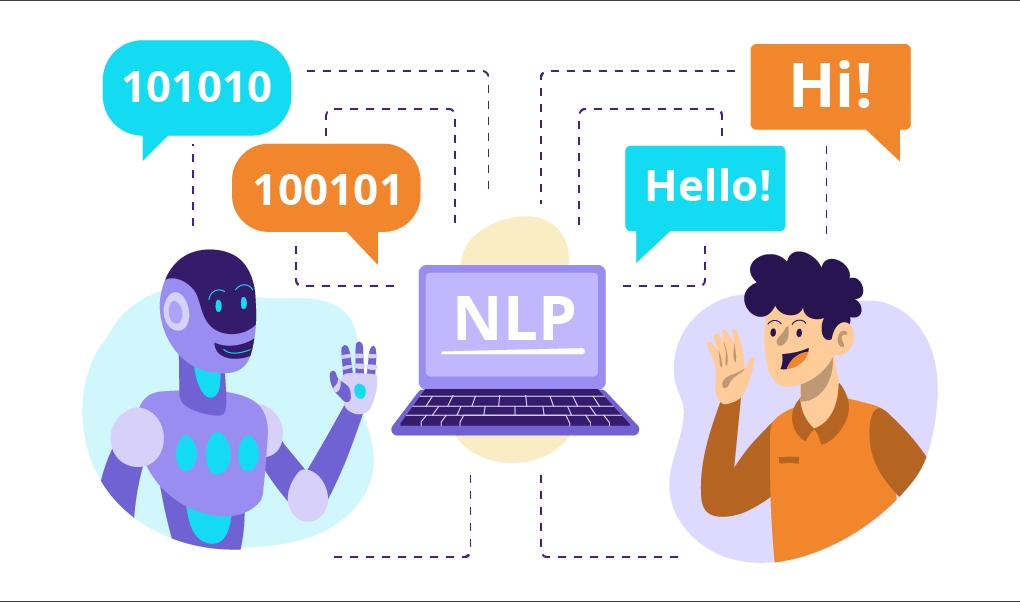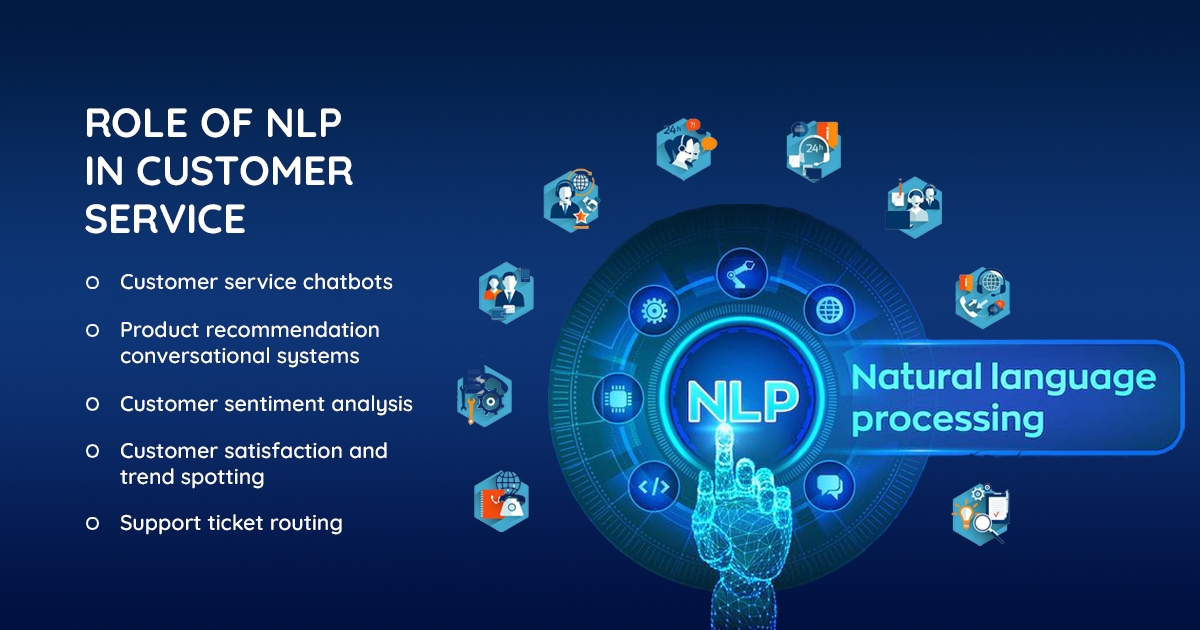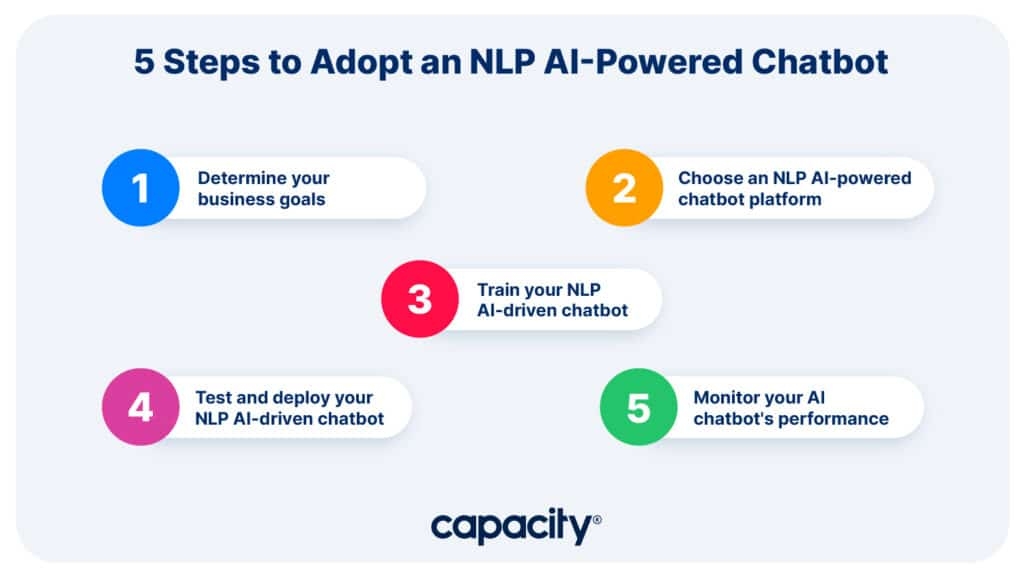Art and Science of NLP Lead Generation: A Comprehensive Guide
In the dynamic landscape of sales and marketing, lead generation is the lifeblood of business growth. As technology continues to advance, Natural Language Processing (NLP) emerges as a powerful tool to revolutionize lead generation strategies. This comprehensive guide explores the intricacies of NLP lead generation, unveiling how businesses can harness the potential of language processing technologies to identify, nurture, and convert leads in a more intelligent and efficient manner.
Overview of Natural Language Processing (NLP)
NLP is a branch of artificial intelligence that focuses on the interaction between computers and humans through natural language. It enables machines to understand, interpret, and generate human-like text, opening up a plethora of possibilities for applications in various industries.
NLP in Lead Generation
In lead generation, NLP plays a crucial role in understanding and extracting insights from textual data. By analyzing language patterns, sentiments, and intent, businesses can gain a deeper understanding of their target audience and tailor their lead generation strategies accordingly.

The Role of NLP in Customer Understanding
Sentiment Analysis for Customer Insights:
NLP can analyze customer interactions across various channels to gauge sentiment. Understanding the sentiment behind customer messages, reviews, and feedback provides valuable insights into customer satisfaction, pain points, and preferences.
Intent Recognition for Targeted Outreach:
By employing NLP, businesses can identify the intent behind customer queries and messages. This enables more targeted outreach, allowing sales and marketing teams to tailor their responses and offers based on the specific needs and interests of potential leads.
source: connectingdots infotech
Applications of NLP in Lead Identification
Automated Data Extraction and Enrichment:
NLP algorithms can automatically extract and enrich lead information from unstructured data sources such as emails, social media, and customer reviews. This streamlines the lead identification process and ensures that businesses have comprehensive data to work with.
Keyword Analysis for Lead Identification:
NLP enables businesses to conduct advanced keyword analysis to identify potential leads. By understanding the language used in online conversations and content, organizations can pinpoint keywords indicative of user interest and intent.
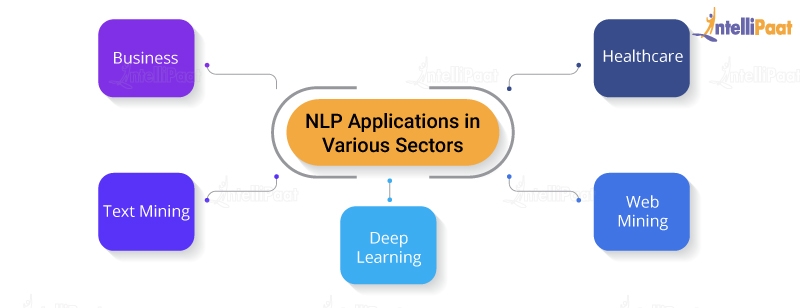
source: intellipat
NLP-Powered Chatbots for Real-Time Engagement
Conversational Chatbots in Lead Generation:
Implementing NLP-powered chatbots on websites and messaging platforms facilitates real-time engagement with visitors. Chatbots can understand and respond to user queries, qualify leads based on their responses, and even schedule follow-up interactions.
Lead Qualification through Conversational Analysis:
NLP can be applied to analyze conversations between chatbots and potential leads. By understanding the context, sentiment, and language nuances, businesses can automatically qualify leads and prioritize those with a higher likelihood of conversion.
Personalized Content Recommendations
Content Personalization with NLP:
NLP algorithms analyze user behavior, preferences, and engagement patterns to deliver personalized content recommendations. This level of personalization enhances the user experience and increases the likelihood of capturing leads interested in specific products or services.
Dynamic Email Campaigns:
Businesses can leverage NLP to create dynamic email campaigns that adapt based on individual user preferences and behaviors. NLP analyzes user responses and interactions to tailor subsequent emails, improving engagement and nurturing leads through the sales funnel.
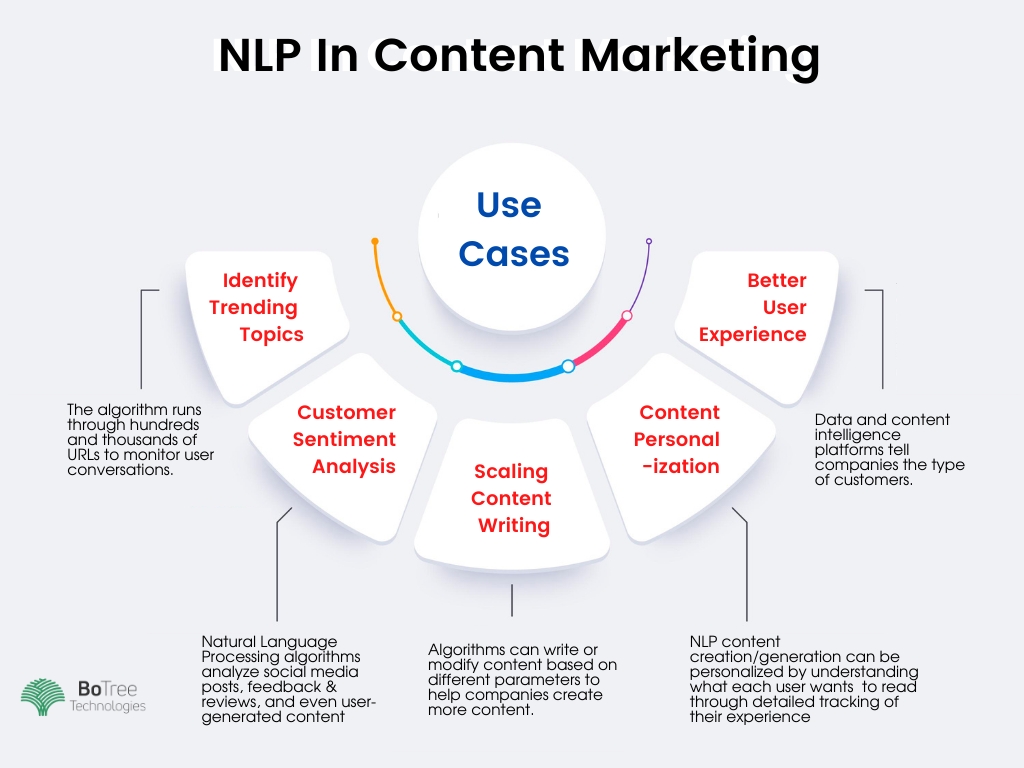
source: botree technology
Predictive Analytics and Lead Scoring
Predictive Lead Scoring with NLP:
NLP, when integrated with predictive analytics, enhances lead scoring models. By analyzing historical data and language patterns associated with successful conversions, businesses can assign scores to leads based on their likelihood to convert.
Dynamic Adjustments to Scoring Models:
NLP enables businesses to dynamically adjust lead scoring models based on changing market trends, customer behaviors, and language shifts. This adaptability ensures that lead scoring remains accurate and reflective of current market dynamics.
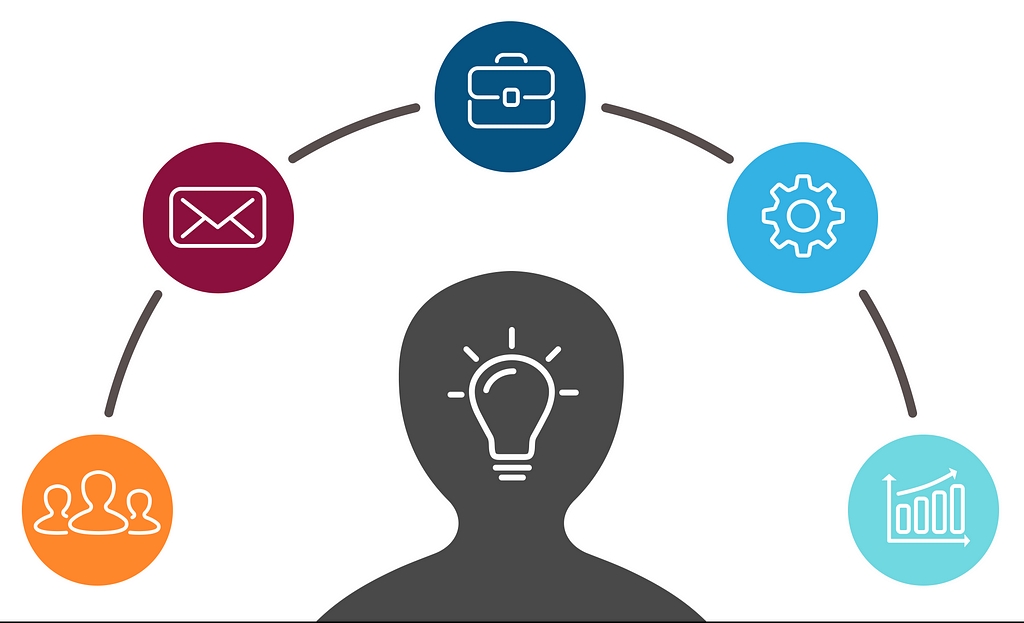
source: towards ai
Case Studies: NLP Lead Generation Success Stories
Case Study 1: E-commerce Personalization:
An e-commerce platform implemented NLP for lead generation by personalizing product recommendations. By analyzing customer interactions and purchase histories, the platform achieved a significant increase in conversion rates and customer satisfaction.
Case Study 2: SaaS Industry Lead Scoring:
A Software as a Service (SaaS) company implemented NLP in its lead scoring model. By analyzing the language used in customer inquiries and interactions, the company achieved more precise lead scoring, resulting in a higher conversion rate and improved sales efficiency.
Best Practices for NLP Lead Generation
Data Privacy and Ethical Considerations:
Businesses must prioritize data privacy and adhere to ethical standards when implementing NLP for lead generation. Transparent communication about data usage and ensuring compliance with privacy regulations is essential.
Continuous Model Training and Optimization:
NLP models should undergo continuous training and optimization to stay relevant and effective. Regularly update models based on new data, emerging trends, and changes in customer behavior to ensure accurate lead identification and scoring.
Integration with CRM Systems:
Seamless integration with Customer Relationship Management (CRM) systems is crucial for effective NLP lead generation. This ensures that lead information is centralized, easily accessible, and can be used to inform sales and marketing strategies.
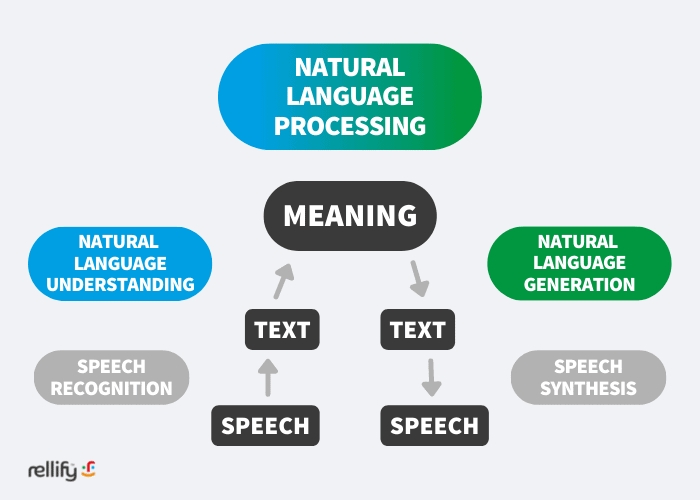
source: rellify
Future Trends in NLP Lead Generation
Multimodal NLP:
The future may see the integration of multimodal NLP, allowing systems to analyze not only text but also images, audio, and video data for lead generation. This could provide a more comprehensive understanding of user intent and preferences.
Advanced Language Models:
The evolution of more advanced language models, potentially surpassing the capabilities of current models like GPT-3, could lead to even more nuanced and accurate lead generation. Businesses should stay abreast of developments in NLP technology to leverage the latest advancements.
Conversational AI Evolution:
The evolution of conversational AI, powered by NLP, may result in more sophisticated chatbots and virtual assistants. Future trends could involve chatbots capable of handling complex sales interactions, negotiations, and even facilitating transactions.
Conclusion
In conclusion, NLP is a game-changer in the realm of lead generation, enabling businesses to unlock deeper insights from textual data and engage with potential leads in more meaningful ways. From sentiment analysis to conversational chatbots, the applications of NLP in lead generation are diverse and impactful. As businesses navigate the evolving landscape of sales and marketing, those that embrace NLP lead generation stand to gain a competitive edge by understanding their audience at a deeper level, personalizing interactions, and ultimately driving more effective and efficient lead conversion.
Visit https://www.cronj.com/blog/nlp-and-gpt-crafting-tailored-enterprise-solutions/







.png)




